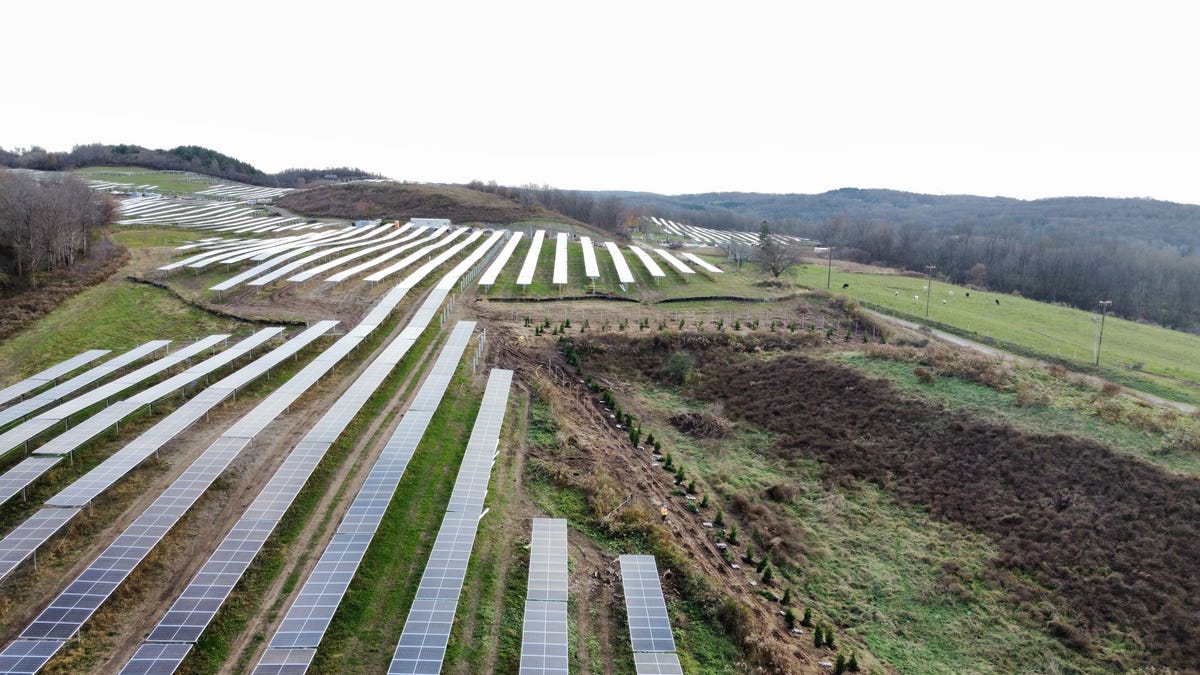Rule changes planned by the U.S. Department of Labor relating to temporary seasonal foreign workers reflect a lack of awareness about agricultural work. The changes could force North Dakota farmers to reduce or end the use of foreign workers.
Farmers use the H-2A visa program to bring workers to the state from the spring through autumn. Many of them come from South Africa, where they have farm backgrounds and speak English.
The program has seen an increase in foreign workers the last three years, with applications going from 736 in 2021 to 979 for this year. The program isn’t taking jobs away from North Dakotans because there’s a shortage of seasonal farm workers.
It’s no longer easy for farmers to hire local youths who are out of school for the summer. Many of the young people have other activities they are participating in or aren’t looking for farm work.
People are also reading…
The rule change that worries farmers the most would reclassify workers if they drive trucks any time during their work. They would be reclassified as drivers instead of general laborers, increasing their wages from $17 per hour up to $27 per hour.
Farm laborers occasionally drive trucks to haul hay or grain or for other tasks. Driving trucks is one of numerous tasks they perform.
Dunn County farmer Lenci Sickler has three South Africans through the visa program who help him during the summer. He told the North Dakota News Cooperative he understands the thinking of the Labor Department.
“I get it — we live in a state that has the oil industry, and the wages in the oil industry are quite a lot higher, but those jobs aren’t hauling grain from the farms to the elevator, those are specialized trucking jobs.”
He’s right, which points to a lack of understanding of farm operations by the rule changers. The Tribune Editorial Board believes the rules need to be reversed. Fortunately, action has been taken to try to force that.
Two lawsuits have been filed to block the changes. The National Council of Agricultural Employers and the USA Farm Labor Inc., one of the primary agencies arranging H-2A workers in the state, have filed suit.
A Congressional Review Act resolution has been introduced in the U.S. Senate by about two dozen senators, including North Dakota’s Sen. Kevin Cramer, to temporarily pause the changes.
Instead of fighting back in court, the Labor Department should voluntarily modify the rule changes. The department’s changes impact farmers across the nation, not just in North Dakota. Farming, especially by smaller producers, remains difficult financially.
If forced to pay higher wages for foreign workers many farmers will have to reduce the number of workers they use or drop all of them. Some farmers might not be able to continue operating.
Foreign workers have been coming to North Dakota for years. They earn more here than they can in their homelands. It’s also a cultural experience for the workers and the farm family. Some of the workers have married and settled in the state.
Like all programs there have been abuses, but by far it has been successful for all involved.
It’s time for the Labor Department to rethink the rule changes. There’s no need to ruin a successful program for misguided reasons.
































